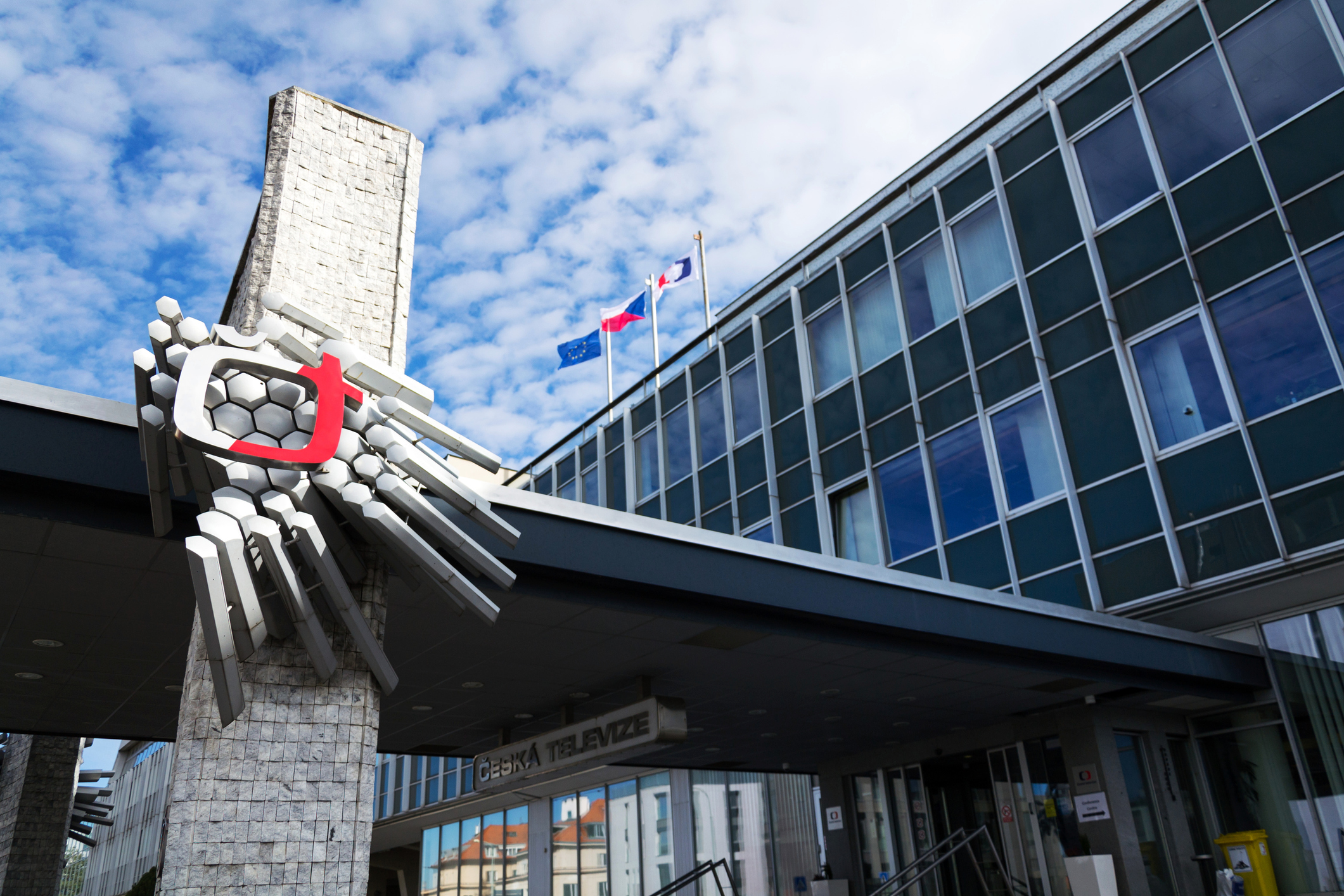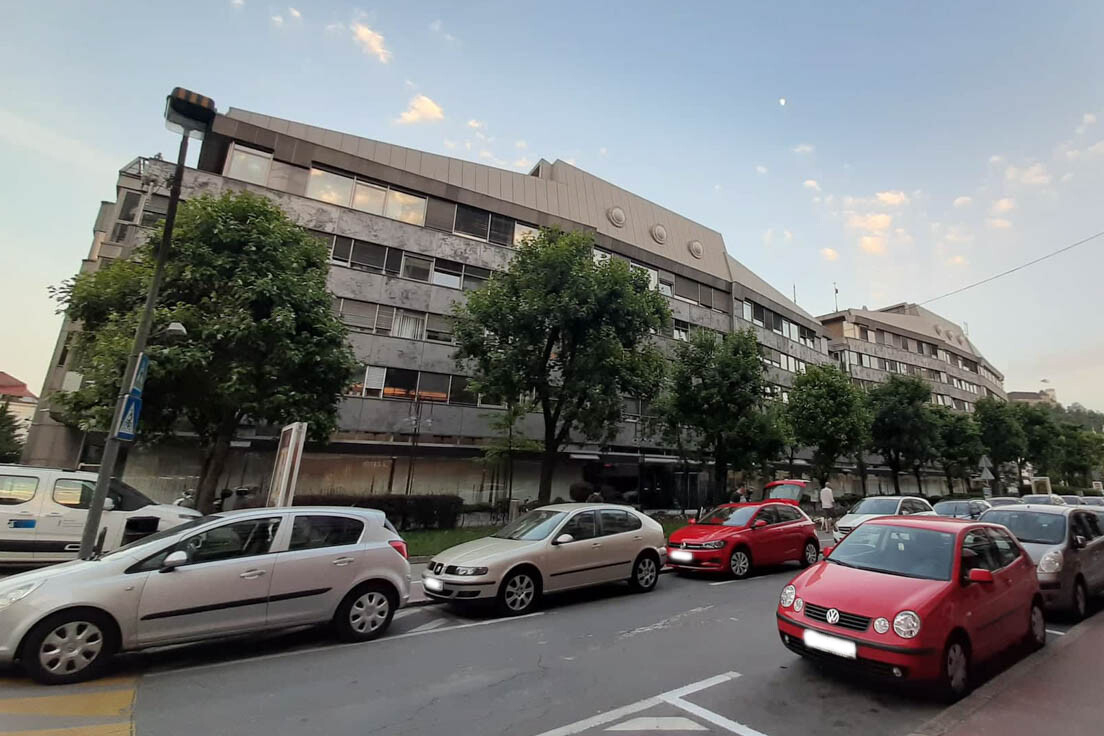Media Freedom Rapid Response (MFFR) has launched a mission to investigate and respond to the growing pressures on public media and press freedom in Slovenia. Why is this mission so essential and why is it taking place?
In recent years, financial and political pressure has been building on Slovenia’s public media and authorities have shown increasing hostility towards critical reporting. As part of its fact-finding mission, MFRR partner organisations will be meeting virtually with representatives from public broadcaster Radiotelevizija Slovenjia (RTVSLO), the Slovenian Press Agency (STA) and other stakeholders to investigate the key challenges facing journalists and media workers in the country.
Threats to the independence of public media
Despite their vital role during the COVID-19 pandemic, journalists working at RTVSLO have been the subject of multiple verbal attacks and have faced growing criticism from Slovenia’s Prime Minster, Janez Janša for their critical reporting of the government. One report reveals that some journalists admit to self-censoring because of the mounting pressure, and that press freedom is increasingly in danger.
These attempts by authorities to intimidate journalists were compounded last year when three of the four government-appointed members of RTVSLO’s Supervisory Board were removed and, according to Euractiv, ‘replaced early with candidates seen as aligned to Janša’s Slovenian Democratic Party (SDS).’ A draft media law is still under consideration which, if approved, would reduce funding for the public broadcaster and bring it under greater government control. Last week, Reporters without Borders (RSF) reported on the concerning situation facing the independence of public media in the Czech Republic and Slovenia. Similar to the situation in the Czech Republic, where there has been mounting pressure from within the Czech Television Council to remove Director-General Petr Dvořák, RTVSLO’s Supervisory Board has, in recent years, also pushed for the early dismissal of RTVSLO’s Director General Igor Kadunc. While these attempts have been unsuccessful, Kadunc’s four-year term expired at the end of April and he has since been replaced by the former President of the Supervisory Board, Andrej Grah Whatmough. This decision was contested by Kadunc who filed a lawsuit on grounds that his successor does not meet basic requirements for the post.
Pavol Szalai, RSF’s head of the European Union and Balkans desk, called on Czech and Slovenian politicians to ‘cease violating the limits on their authority by trying to fire the heads of public service media.’ RSF also urges them to safeguard their public media in line with the Council of Europe’s 2012 recommendations, ‘to stop pressuring these media via their supervisory bodies and to stop manipulating the issue of their funding.’
Funding crisis for STA
At the time of writing, state-owned news agency STA states on its website that it has been performing a public service, as required under the Slovenian Press Agency Act, without payment from the Government for 146 days. Since the start of the year, the government – STA’s sole shareholder – has blocked public funding to the agency despite an obligation to by law due to STA’s public service function. Funding was confirmed in the 2021 national budget.
The Government Communication Office (UKOM) first suspended monthly public service funding to STA in November 2020 and again in February this year on the grounds that STA had failed to provide the documents requested to determine a financing arrangement. STA has had to resort to launching a crowdfunding campaign to make up for the shortfall in funds needed to carry on its operations and pay staff salaries. In April, the European Commission approved the Slovenian government’s compensation of €2.5 million to STA under EU state aid rules so that is can continue to deliver upon its public service mission.
But Janša’s barrage of attempts to undermine STA’s independence and question the credibility of its operations continue. He has also been putting pressure on STA’s Director-General, Bojan Veselinovic, to resign and, in March, the government adopted a decree proposing that Veselinovic step down from his position. This has been endorsed by the deputy Prime Minister and the leader of another political party. On 15 April, police also visited the home of the STA Supervisory Board President, Mladen Terčelj.
These growing pressures come at a time when the organisation is meant to be celebrating its 30th anniversary.
Above: Timeline of the moves the current Slovenian government has made in the last year in relation to the STA. Source: STA
The MFRR intends to publish a report on its findings and recommendations for the coalition government of Slovenia and the European Union in July as Slovenia takes on the Presidency of the Council of the EU and ahead of Slovenia’s parliamentary elections next year.
Regional concern
Sadly, the challenges faced by RTVSLO and STA are not isolated to Slovenia. Similar attempts by authorities to intimidate journalists, to undermine the independence and credibility of public media, and cut funding are just some of the concerning trends that have emerged across parts of Central and Eastern Europe in recent years. In RSF’s 2021 World Press Freedom rankings, Slovenia fell four places, Hungary fell three, Poland fell two and Czech Republic remained stagnant, compared with last year. While the barometer is not an exact science and each context varies, it gives the indication that where public media exists and is being threatened, press freedom declines overall – a deeply troubling sign for the sustainability of democracy.
The Public Media Alliance offers its support to the MFRR and its partners in their mission to Slovenia.
Header Image: Building of RTV Slovenia (Television’s part). Credit: Pv21/Creative Commons
Related Posts
9th April 2021
PMA condemns attempts to undermine the independence of Czech TV
The Public Media Alliance endorses…
24th April 2020
Slovenia’s public broadcaster pressured by government
Despite their crucial role during the…


